One of the sessions that rocked my world at the PNWA conference in Seattle last week was a 90-minute session called “First Page”. Attendees were encouraged to bring the first page of their manuscripts, and listen to what three professionals had to say about it. The professional panel members were Michelle Richter (editor at St. Martin’s Press), Rebecca Oliver (agent at William Morris) and Ginger Clark (agent at Curtis Brown). I’d never attended anything like this before, and within the first two minutes, I was glued to my seat. A wonderful professional reader (whose name I didn’t catch) read everyone’s first pages in a way that had held the audience spellbound (you coulda heard a pin drop!).
We probably listened to at least 20 manuscript first pages, in all genres. All of the story authors were kept anonymous, except for one (the one manuscript that tickled the fancy of the editor at St. Martin’s; because the voice was SOOOOO unique; she told him to talk to her after class. In a good way!).
For the first time in my life, I think I got a glimpse of what an agent/editor’s life must be like. With the exception of MAYBE one or two, not one of them interested me as a reader. In spite of all the books and blogs and classes, the vast majority of these opening scenes broke the sacred rules of writing:
· Opening a scene that doesn’t tell the reader where he/she is, or what kind of book this will be (this was a very common mistake)
· Opening the scene with the weather
· Opening the scene with the alarm clock
· Opening the scene with a dream
· Opening the scene with an arrogant inner voice philosophizing on no particular topic
· Opening with exposition
The agents and editors were frank in their objections, and in some cases, unwilling to listen as far as the second or third paragraph. Each of the panelists was interested in different things, so each of their points of view offered a different perspective, yet they universally agreed wherever the writing crossed over into the badlands. It was kind of like the gong show.
For myself, I agreed with all of their assessments, which helped me feel better about my inner compass about what is bad in my own writing. I also LOVED hearing all the different ways in which writers began their stories. Everyone’s tale sounded great when read by someone else, but the experts were right on in their assessments. In order to get a reader (be it agent, editor, or John Q.) to read past the first page, you need a really good hook. None of the first pages we heard had a good hook, and only one had a good voice. The good voice caught the interest of the editor, but nothing else worked for any of the other panelists. It was a great experience. Maybe next time, I’ll get brave enough to stick my own first page in the pile.

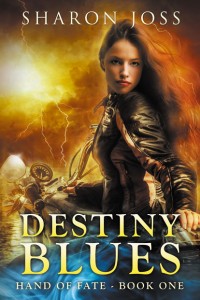
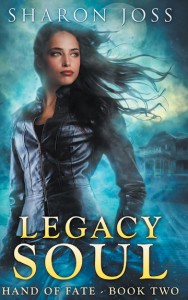
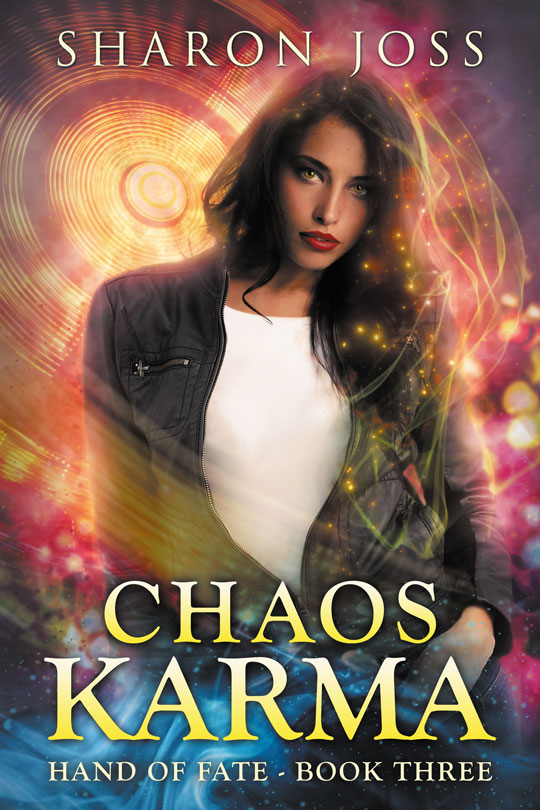
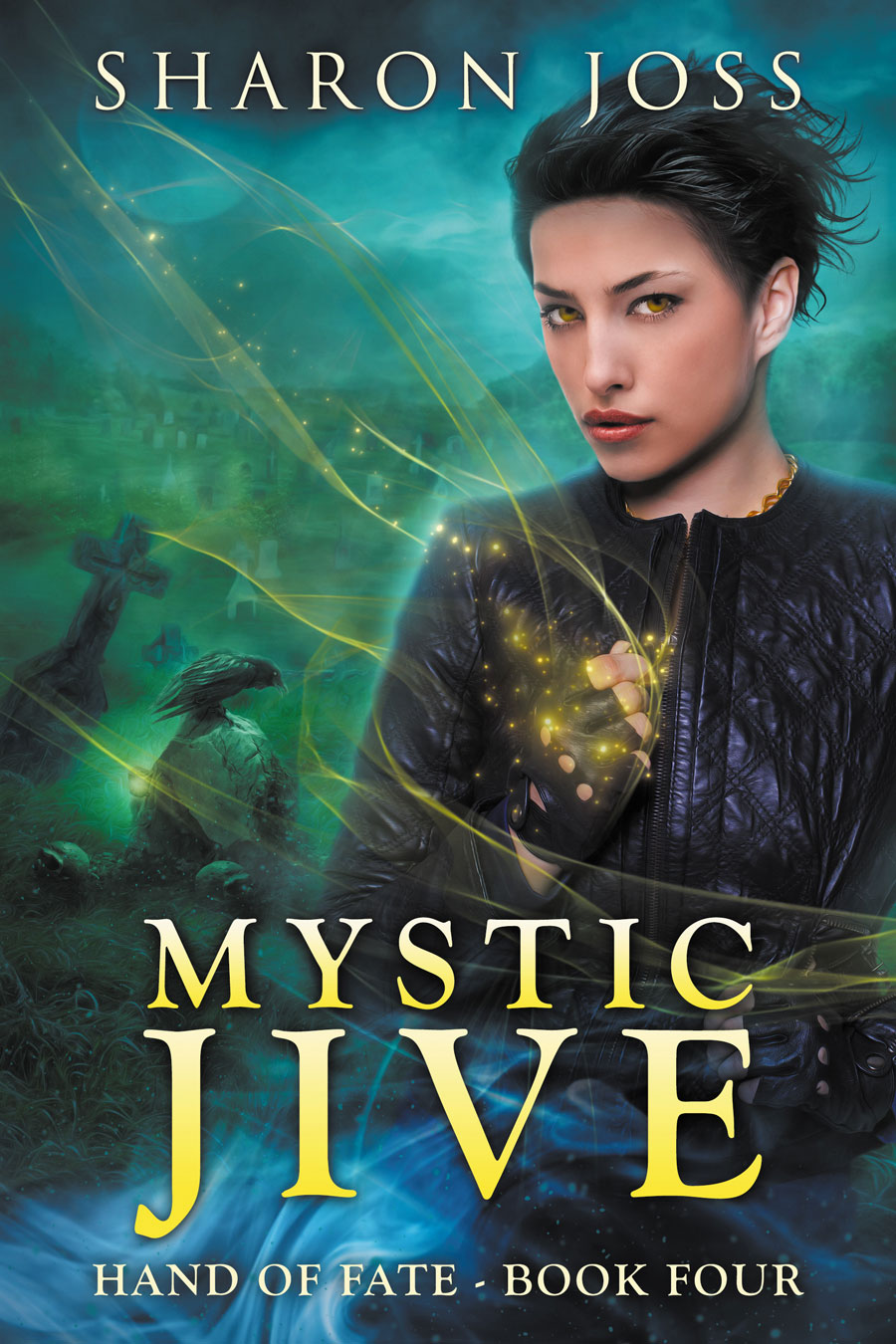
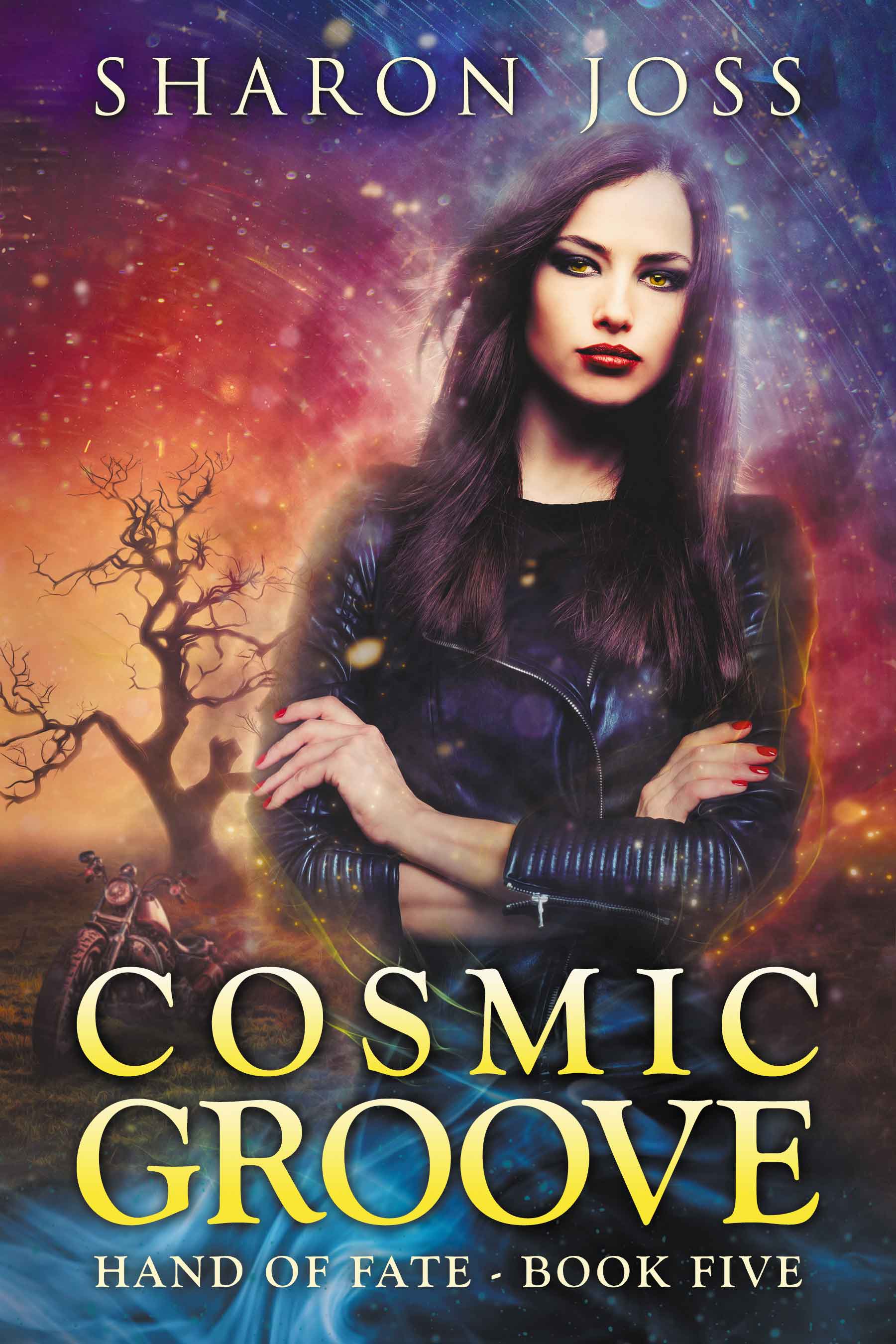
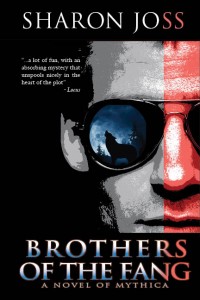
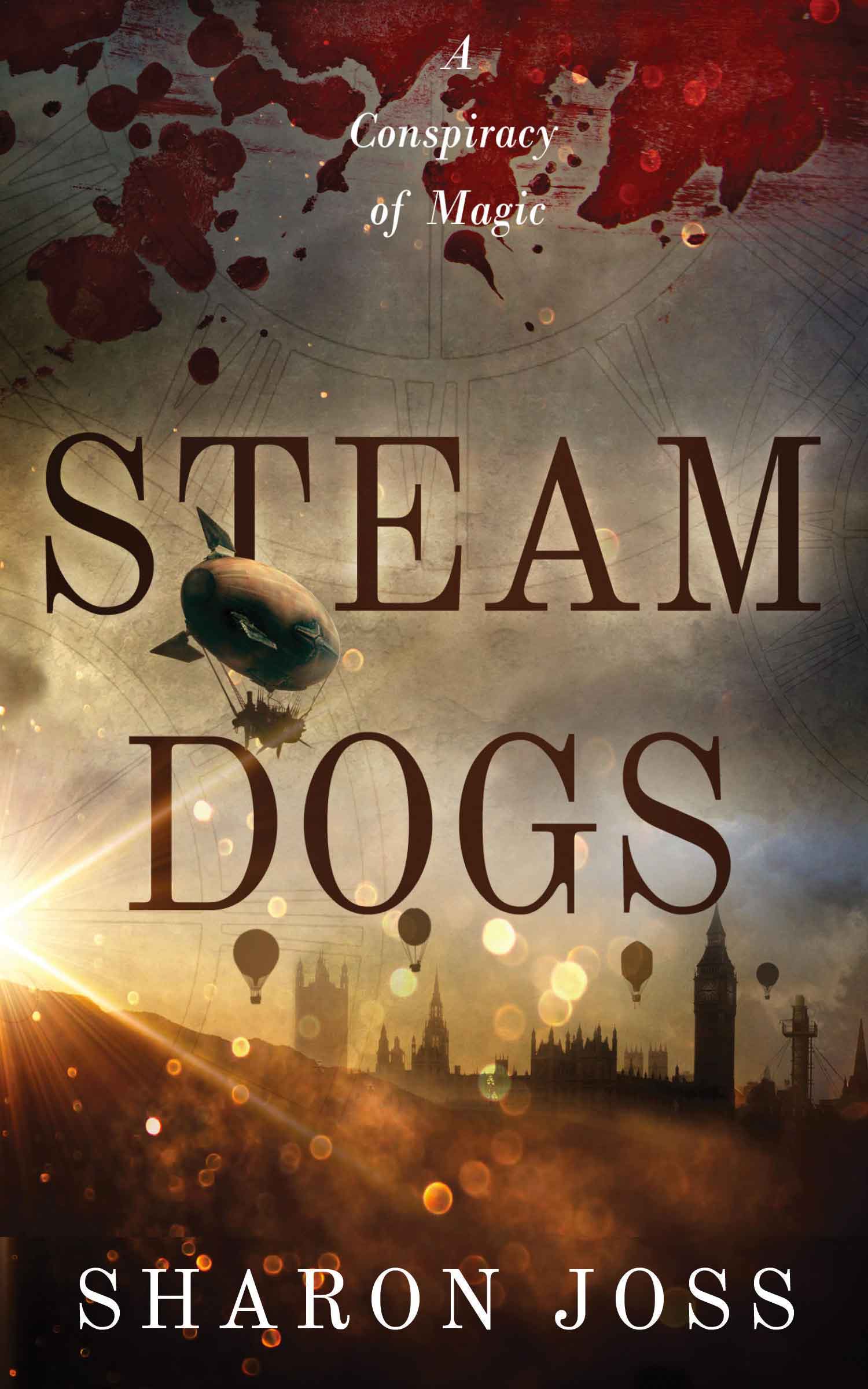
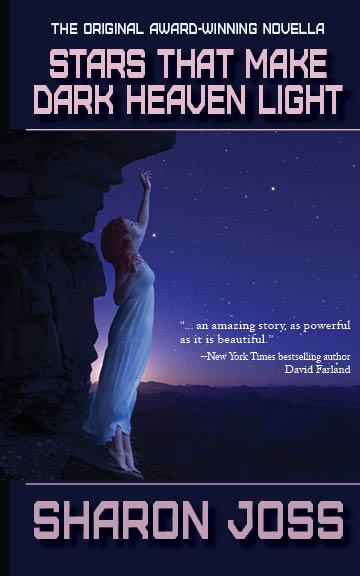
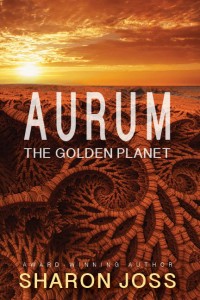
Sounds like a great workshop! I’ve heard the same from agents–that they will read until they are bored, oftentimes tossing ms with the first page (which in manuscript format is only 1/3 of a page!) Reminds me of the exercise Don Maass did with our first lines. We definitely have our work cut out for us!!